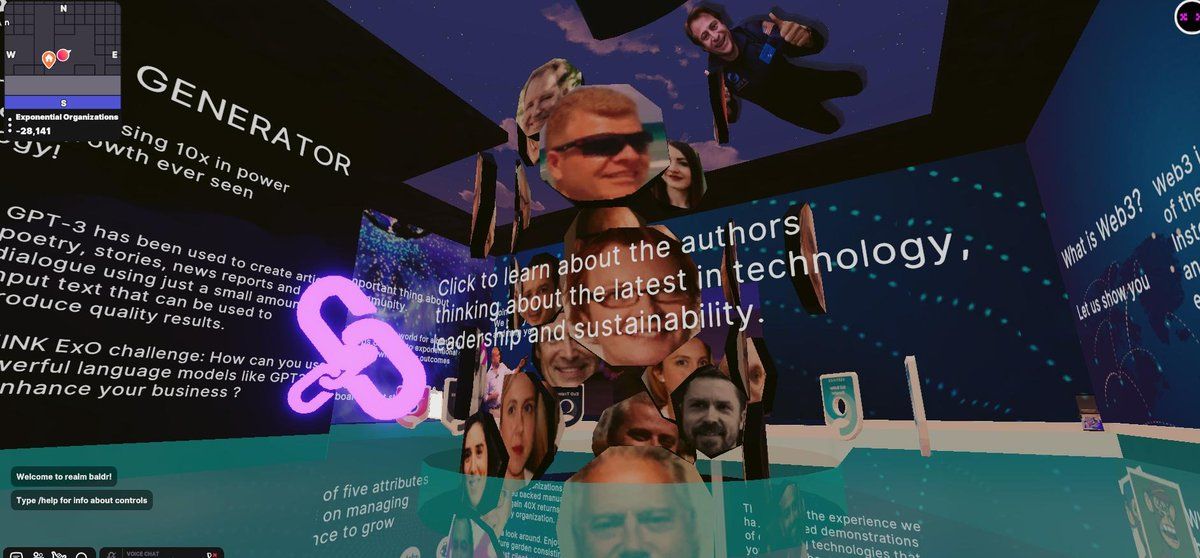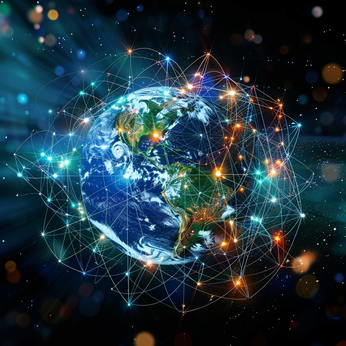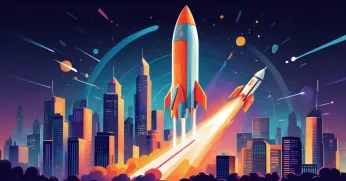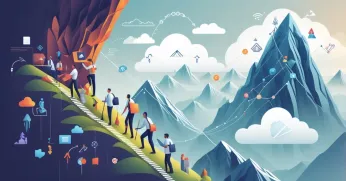Blockchain

Navigating the Next Frontier: My Journey at the Intersection of AI and Blockchain in Business Paid Members Public
The merger of Blockchain and Artificial Intelligence (AI) has ushered in an era of unprecedented technological innovation, offering CEOs of mid-size businesses remarkable opportunities for growth, operational efficiency, and future-proofing.

Exponential Technologies: The Intersection of Blockchain and AI Paid Members Public
The fusion of Blockchain and AI revolutionizes the Web3 ecosystem, empowering individuals and organizations to analyze vast amounts of data for informed decision-making while fortifying security measures against evolving threats, paving the way for a more efficient and secure digital future.

Embracing Disruption: The Key to Long-Term Success for Mid-Market Telecom Enterprises Paid Members Public
Telecom businesses must embrace new strategies and technologies to stay competitive in a rapidly changing market. This involves adopting trends like 5G, IoT, and cloud computing, being proactive and agile, and considering customer-centric and innovative approaches for long-term success.

Con Artists Use Age-Old Scams On The Crypto Frontier: Part-4 Paid Members Public
Blockchains’ have vast potential to solve critical problems in property ownership, academic records, materials sourcing, and even personal identity. As with core technologies like the steam engine and the internet in their early days, we have yet to imagine the full extent of blockchain’s benefits.

How to Gain Web3 Competitive Edge Paid Members Public
Learn about the components of a disruptive innovation system to help organizations embrace blockchain disruption, gain competitive advantages, and make web3 happen.
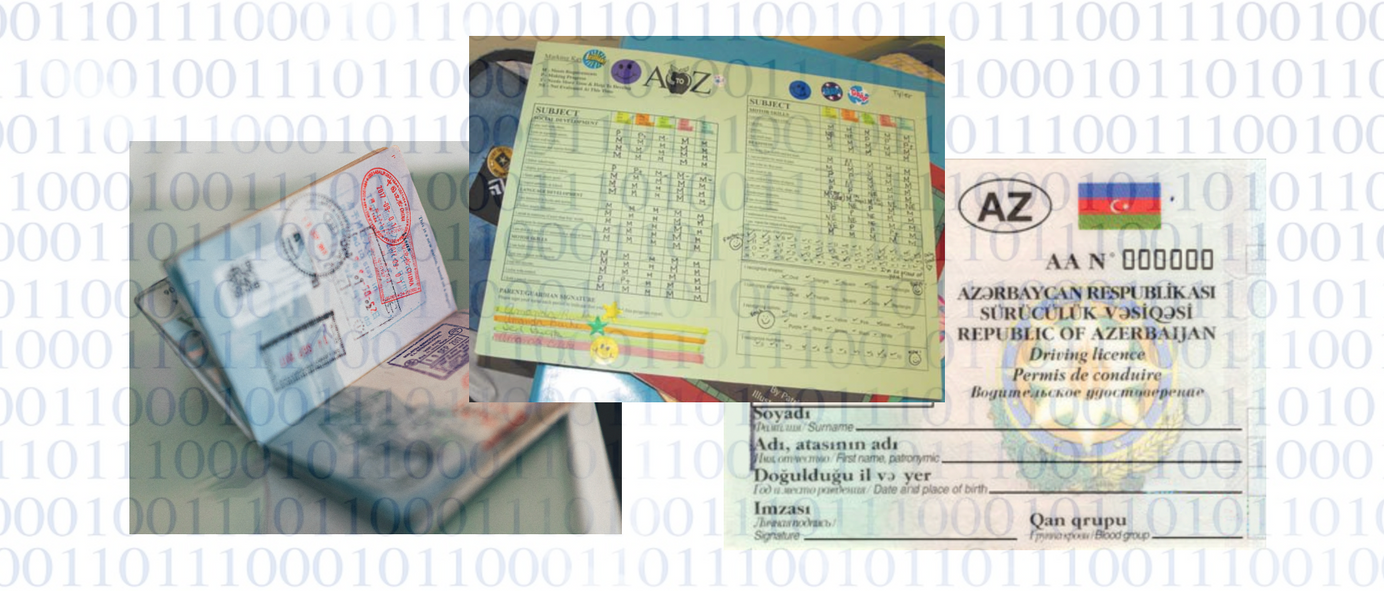
IOHK’s Cardano Blockchain to Bolster Ethiopian Students’ Identities Paid Members Public
Identity is a pressing global challenge. The World Bank estimated that 1 billion people do not have any official proof of identity. Even in developed countries, your identity is often based on perishable paper artifacts like birth certificates.

Transformation to a Circular Economy: By Applying Blockchain Technology Paid Members Public
Disruptive technologies also support the transition to a circular economy by radically increasing virtualization, de-materialization, transparency and feedback-driven intelligence. The shift requires innovative business models that either replace existing ones or seize new opportunities.

